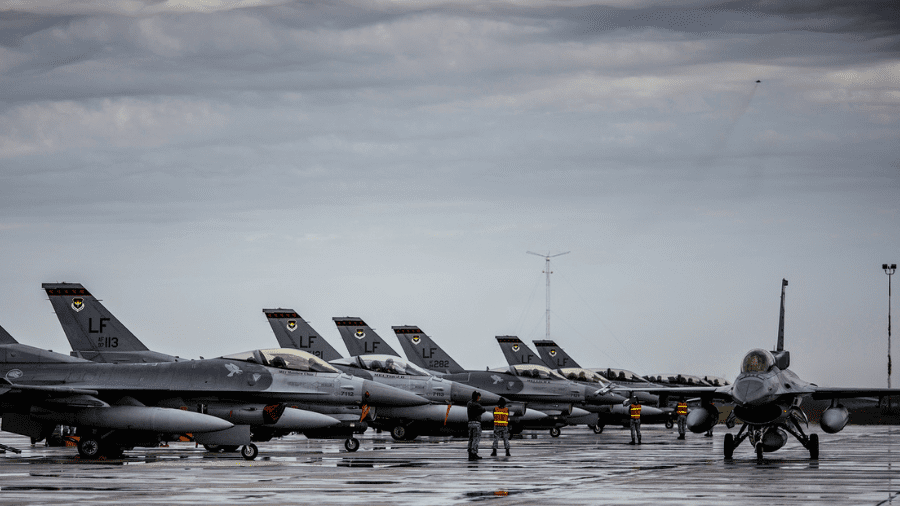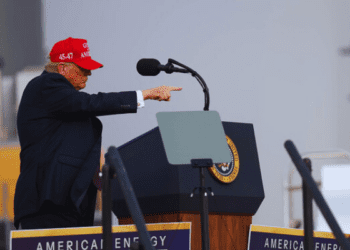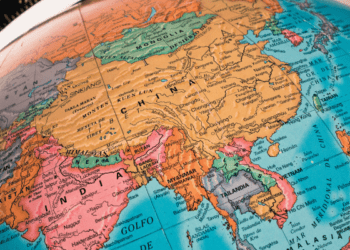This article originally appeared in the Globe and Mail.
By Christian Leuprecht, February 14, 2023
North America is secure when we are not caught by surprise. We are best able to protect ourselves when we understand our adversaries’ capabilities and intent, and Canada and the U.S. have long done so with great success. Yet, the interception of a growing number of unidentified objects of various shapes and sizes in Canadian and U.S. airspace – some of which are believed to be of Chinese or Russian origin – shows that we are, in fact, vulnerable. And this is a game-changer.
For decades, Canada and the United States have shared a joint doctrine to defend the homeland. In August, 1938, U.S. president Franklin Roosevelt told an audience at Queen’s University that the U.S. would “not stand idly by” were the physical security of Canada threatened by strategic competition. In response, Canadian prime minister William Lyon Mackenzie King declared that Canada had a reciprocal obligation to see to it that enemy forces could not cross Canada to attack the United States.
This mutual commitment gave rise to a functional arrangement that demonstrated nearly as much solicitude for the other country’s physical security needs as for one’s own. It is why the mantra of the binational North American Aerospace Defence Command (NORAD) is, “We have the watch.” Efforts to make and keep North America secure became the hallmark of a strategy that continues to draw people from across the globe, and they made this continent the most prosperous and stable one the world has ever known.
North America’s continental security has also enabled the United States to project extended deterrence to Europe and the Indo-Pacific region, which enhances international stability. If the continent is not secure, neither are America’s allies and partners.
Now, malicious actors appear to be changing the theatre. If they are indeed probing NORAD and how it works, Beijing and Moscow may be bringing geopolitical competition to North America’s shores.
Balloons appear to be just the latest addition to an insidious array of capabilities that these adversaries have been deliberate about building up. While still acting below the threshold of armed conflict, they seem intent on degrading the sovereignty of Canada, the United States and our allies by using technological, economic, information and political tools.
Such threats put democracy in North America at risk. In exploiting vulnerabilities, our adversaries have proven themselves capable of threatening our democratic decision-making processes.
Their motives are driven by concerns about their own vulnerability. The political foundations of totalitarian regimes in Moscow and Beijing are weakening under poor leadership. For the purposes of strategic balancing, the pursuit of their national political aims requires them to undermine their adversaries. In turn, our allies in the region – Ukraine for Russia; Taiwan and Japan in the case of China – require strong partners to keep them free and able to resist aggression.
Espionage activities and spy balloons raise the prospect of our adversaries seeking retaliation for political decisions that are not to their liking. They collect intelligence to enhance the power of their strategic nuclear arsenal, with the aim of improving their weapons’ effectiveness at penetrating the continental airspace and launching a potential attack on national command-and-control systems. Such threats are objectionable insofar as they force democratically elected governments to be wary of making decisions that could spark retribution.
These balloons show that malicious actors can achieve their goals without using overt military means. It may not be a coincidence that these balloons have appeared within days of the United States announcing that its forces would have access to more military bases in the Philippines; China may be signalling that two can play at the game of moving into each other’s neighbourhoods. Yet Beijing may be going a step further: As more balloons are detected and intercepted, it may be demonstrating its ability to violate North American sovereignty, and to do so repeatedly, with relative impunity.
Countering hybrid or grey-zone threats to the Arctic; to national, continental, regional and international security; and to Canadian sovereignty requires an urgent and comprehensive whole-of-society response. Canada should send a strong signal about its unequivocal commitment to deterring actions that fall outside accepted norms of conduct by accelerating its review of our defence policy, which was announced in last year’s budget, and by redoubling our commitment to NORAD. Modernizing Canadian air defence, along with the long-overdue deal for F-35 fighter jets, are down payments to “maintain the watch,” and fulfill the most fundamental obligation of the state: keeping its citizens safe and the country secure.
Christian Leuprecht is professor at the Royal Military College and Queen’s University, senior fellow at the Macdonald-Laurier Institute, and the author of books including his latest, Intelligence as Democratic Statecraft.






